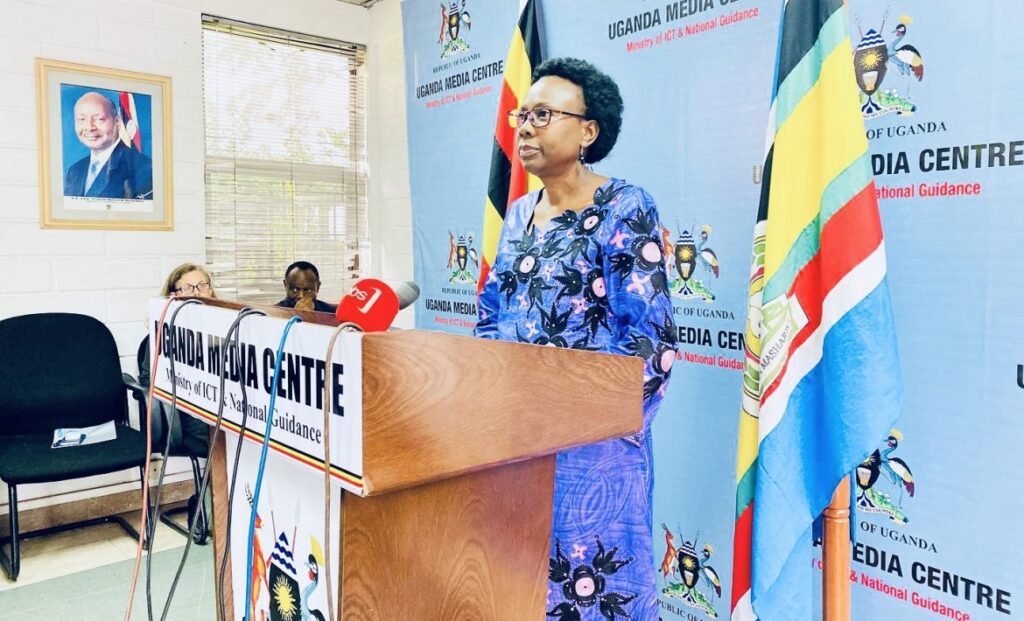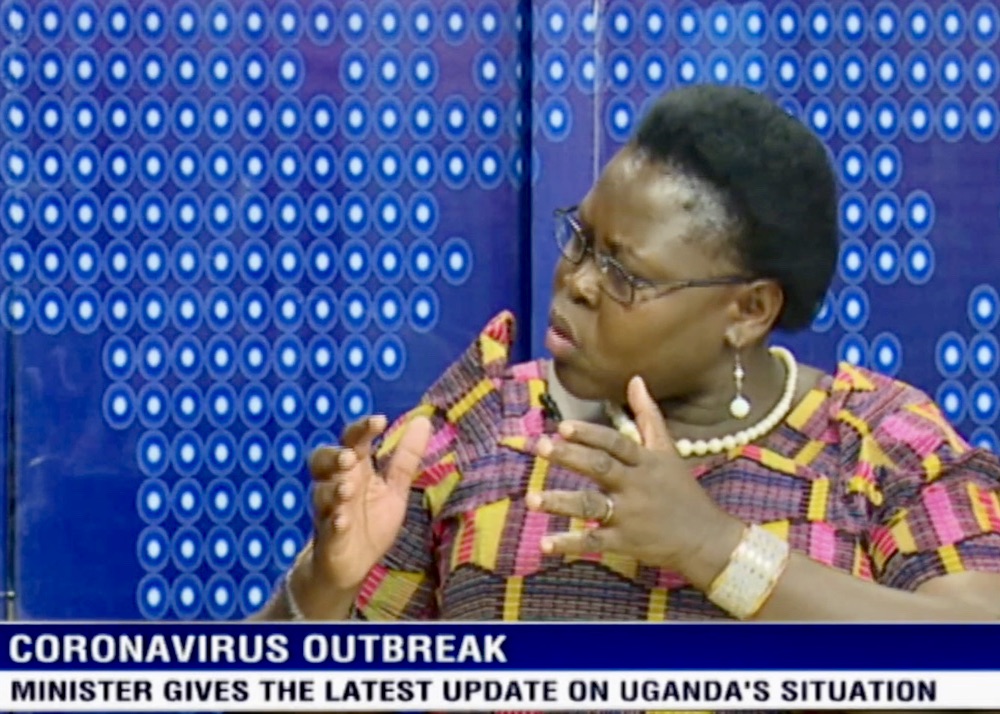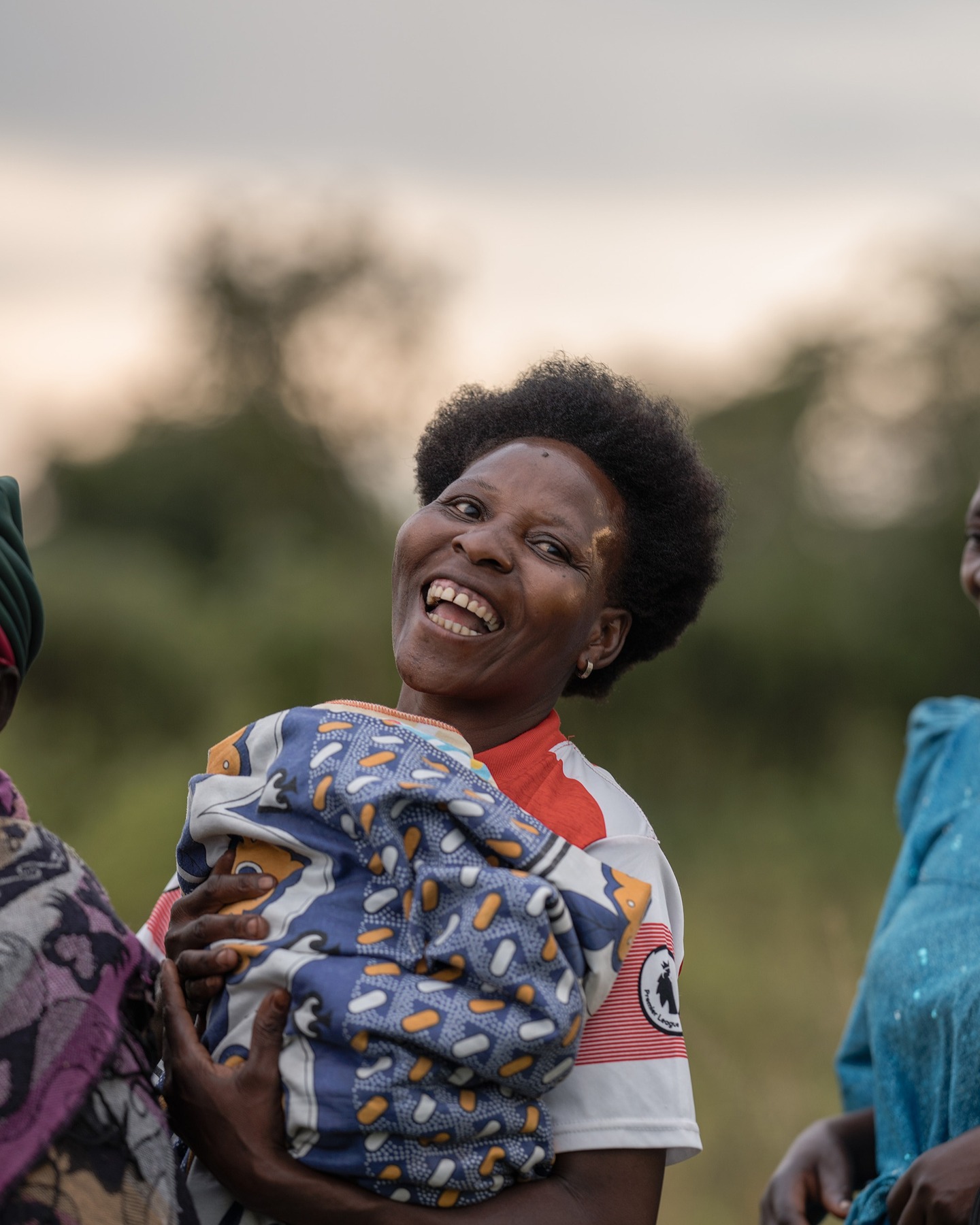
Uganda Prepares for COVID-19

In just 3 months, COVID-19 has spread to 74 countries.
Almost instantaneously, its scare has gone global.
As of today, cases of the coronavirus have emerged in 7 African countries, including Algeria, Egypt, Tunisia, Senegal, Nigeria, Morocco, and most recently, South Africa. Uganda remains unaffected, but its Ministry of Health has taken measures to thwart the virus’s first breach.
At all major points of entry, including Entebbe International Airport, the government has instituted a surveillance program, which isolates potentially-infected persons while they undergo testing. So far 722 travelers to Uganda have been isolated out of precaution, including some 499 Chinese citizens and 150 Ugandan citizens.
According to the Minister of State for Primary Healthcare, Dr. Joyce Mariku Kaducu, 10 suspected samples of COVID-19 have undergone laboratory testing. All returned negative. Moving forward, the Ministry of Health is actively equipping hospitals with testing apparatus, establishing mobile testing units, and preparing ambulatory transportation for suspected cases.
While the country has not banned all international entrants, 93 Ugandan students, who were in Wuhan at the time of the outbreak, are prohibited from coming home. Consequently, the government has issued financial assistance to these students while they remain abroad.

The Minister of State for Primary Healthcare, Dr. Joyce Mariku Kaducu, addresses Uganda’s current position with COVID-19 on NTV last Monday, March 2nd.
Beyond the issue of personal travel, the COVID-19 outbreak could have massive implications for Ugandan trade. Many Ugandans travel to China to pick up plastic, mechanical, and electronic goods for resale, but are now limited in their ability to do so. Furthermore, the scare has prompted many ships – which routinely transport cargo from China to ports in Mombassa, Kenya – to cut back on delivery. So far, the preventative measure has not inflicted a major blow to the Ugandan economy, but its consequences will become more apparent when businesses run low on inventory. Recognizing this possibility for low supply, Ugandan banks are preparing for widespread deflation of national currency.
Finally, the Ministry of Health seeks to educate the public on the best preventative measures. They recommend that all should wash their hands thoroughly and often, carry personal alcohol-containing hand sanitizers, and abstain from sharing drinks and utensils with others. If experiencing flu-like symptoms, one is advised to self-isolate and refrain from self-medicating. Antibiotics will not help against a virus; people must seek proper medical attention instead. To discourage large gatherings, which are more vulnerable to disease spread, Dr. Joyce Mariku Kaducu warns,
“Every gathering must get clearance from the ministry. If you are organizing a mass gathering without asking the Ministry of Health, we have powers to stop you.”
Invisible and insidious, the COVID-19 virus continues to elude containment efforts across the globe. While many countries have failed to block the coronavirus from crossing their borders, Ugandan public health authorities are doing everything they can to intercept COVID-19 importation and minimize spread in the event of its arrival.
…
Information and images presented above were compiled from these sources:
https://www.cnbcafrica.com/news/east-africa/2020/03/03/how-uganda-is-preparing-for-coronavirus
